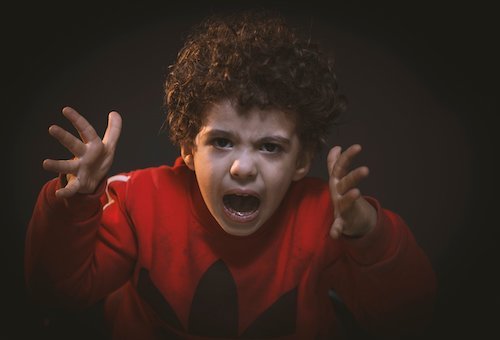Ask the Expert: Therapists Weigh in on Signs and Symptoms of Depression
Written by Amy Rollo, M.A., LPA, LSSP, LPC-S
Founder, Heights Family Counseling
2020 brought tremendous change in how we live, congregate, and work. It’s no wonder that we are seeing an increase in depression. Depression can often be misunderstood. Many people believe it’s just a constant state of sadness, when in fact depression has many symptoms. These can include irritability, loss of feeling pleasure in activities that previously felt pleasurable, changes in sleep or appetite, changes in focus and efficiency, Difficulty finding hope in the future, feeling more tense, and more. As I started reflecting on increase in depression, I noted that we are all impacted by the increase in mood disorders. Many partners are experiencing a spouse depressed, friends are seeing changes in behaviors in their friendships, and parents are worried about their child’s emotional health. I decided to interview different therapists in the Houston, TX area to have some expert opinions on signs and symptoms of depression and what to do about it.
“I call anger dressed up grief and sadness…”
I spoke to the founder and practitioner of Catalyst Counseling, Barbie Atkinson, LPC-S about her experience of working with clients experiencing depression during the pandemic. Barbie noted that more women than men experience depression. Specifically, she said that about 10 percent of women have depression compared to 5 percent of men. The difference in depression doesn’t stop there. Barbie went on to note that men have a higher tendency compared to women to experience anger, demonstrate aggressive feelings, and engage in substance abuse while depressed. Barbie explained that therapists “have to be more detective and sleuth-like when working with men because they seem to have a more difficult time expressing sadness, defeat, and despair which are hallmarks of depression. I’m watching for anger, irritability, and frustration. I call anger dressed up grief and sadness.” When asked about the best practices in treating depression, Barbie noted “We know that talk therapy is good when working through depression, we know that medication is good when working with depression, however, we know that both of these can be used simultaneously to have the absolute best effect.”
“You are helping your partner through co-regulation, mirroring, and friendship, which can increase emotional intimacy and connection. “
Psychotherapist and owner of Ray Family Therapy, Rebecca Ray, discusses her experience of working with couples when one partner is experiencing depression. Rebecca noted that couples can support each other during times of depression. She stated, “help your partner by going on a walk together outside, cook a healthy meal together, watch a funny movie or show, and support your partner by helping them remember their medications or attending psychiatry or therapy appointments.” Support can look like a lot of things, such as modeling healthy behaviors yourself. She noted that by doing healthy things, you are helping your partner through co-regulation, mirroring, and friendship, which can increase emotional intimacy and connection.
“Depression often shows up as anger, making it difficult for parents to recognize. “
Parents often don’t know what depression looks like in children. In order to help parents, we interviewed the owner and play therapist at Brittani Persha Counseling about child depression. Brittani noted that depression can look different in children. She described that it often shows up as anger, making it difficult for parents to recognize. She shared some simple tips to help teach children about feelings. Brittani said parents can practice emotion coaching of naming feelings, have emotions check-ins and accept ALL feelings- not just the positive feelings.
If you are experiencing symptoms of depression, the first step is to find a counselor. A therapist can assess for depression, help support you through talk therapy, and possibly refer to a medical doctor. We have some amazing therapists in the Houston area, including the experts in this blog. Feel free to review bios on these therapists’ webpage or our therapists at Heights Family Counseling. We are here to support you.
If you're struggling with depression or coping with the pandemic and life’s stresses, counseling is a great way to heal and discover new coping skills. A skilled therapist can help support you and treat symptoms of depression. At Heights Family Counseling, we offer online and in-person depression counseling. Contact our counseling clinic to set up a free phone consultation


